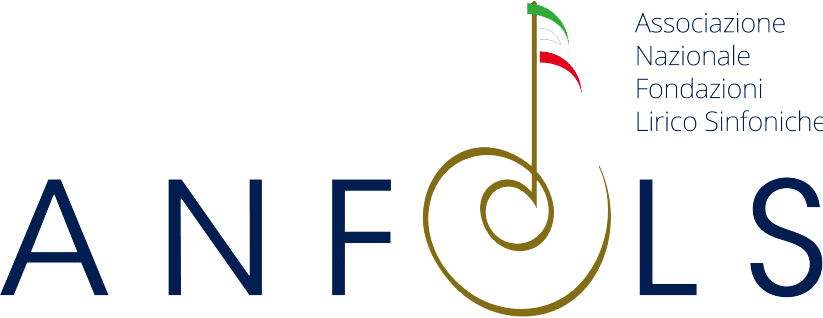The Oriental woman is gentle and obliging. This is one of the most common and outdated clichés produced by a culture in which machismo, racism and Orientalism have met and nurtured each other for a long time. It is based on the assumption of the superiority of the Western white male, who, for centuries, has long fantasized about and represented the East according to his own ethical and aesthetic codes, without any openness or genuine interest for the specific mixture of civilisations, cultures, histories and imaginaries that were instead flourishing in the East.
A cliché so well stablished that it also penetrated the arts, which in turn amplified and even exaggerated these orientalist visions of the collective imagination. So, are we saying that Giacomo Puccini was racist because he wrote Madama Butterfly? Certainly not! Rather, we are saying that a chauvinist and colonialist culture existed and still exists. An orientalist view of the Far East that instead of observing, projects onto it only what it wants to see.
Madama Butterfly is a masterpiece that naturally should in no way be questioned. Not least because Puccini, with his immense talent and profound sensitivity, creates a female figure who in her tragicness unmasks the hypocrisy of the Western male. Pinkerton sees her as a condescending lover, but Butterfly shows her moral high ground with her powerful humanity. Certainly it is legitimate to wonder whether tensions or problematic issues are present, even if only between the lines, in the representation of this Japanese woman subjugated to man’s desire.
We have done so in this issue of Calibano, in which we discuss Puccini’s relationship with women, manga, kabuki theatre, japonisme, geishas and sex workers, but also the influence of Japan on twentieth-century architectural imagery, fashion, and cinema.
Once again, then, a work, conceived one hundred and twenty years ago, becomes an opportunity to think about today’s world, its traditions and contradictions. Once again, our invitation is to simply pause, and use this time to reflect with us.
Paolo Cairoli – Director of Calibano
Calibano is the new magazine of the Rome Opera House. Created as a space for in-depth analysis and debate around topical issues raised from the performances on the theater’s program and realized in collaboration with the publishing house effequ, the editorial project involves, every four months, the publication and distribution in Italian bookstores of a monographic volume dedicated to an opera title and a related theme, through the commissioning of essays, short stories and reviews by authoritative signatures. In this first issue, following Aida/Blackface, the magazine questions forms of European fascination with Japan and vice versa, starting with Giacomo Puccini’s famous opera Madama Butterfly.
You can buy Calibano on the effequ website at this link, in bookstores and at the Rome Opera House shop.
The illustrations in this issue were made by Francesco D’Isa with Midjourney.
The cover is by Marinella Senatore (Collage for Il Teatro dell’Opera di Roma, 2022 / Courtesy of the artist and Mazzoleni, London – Torino).












